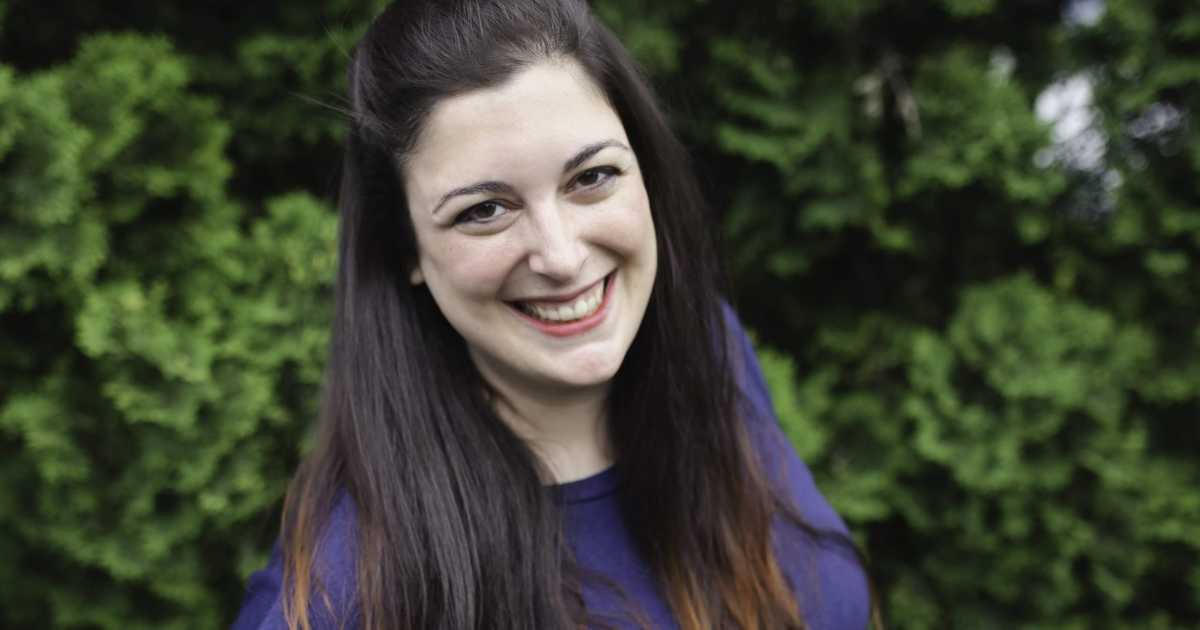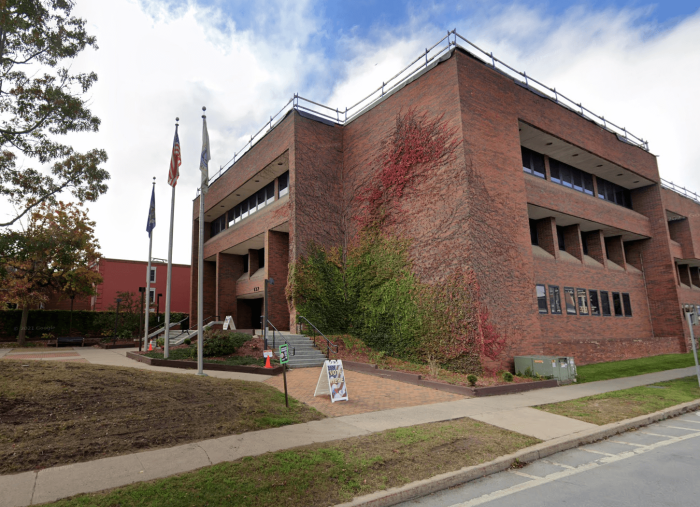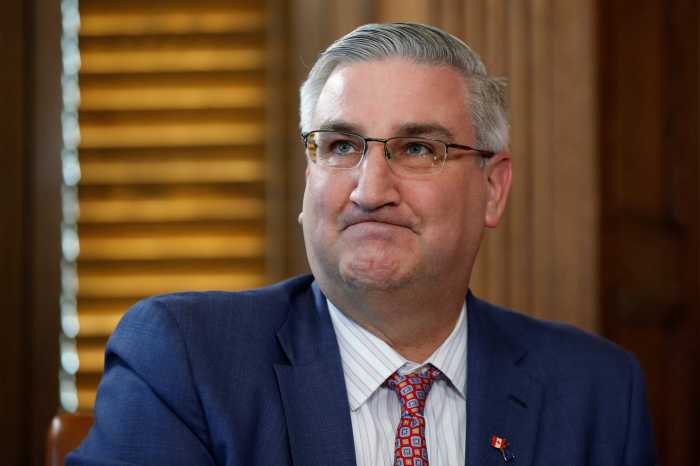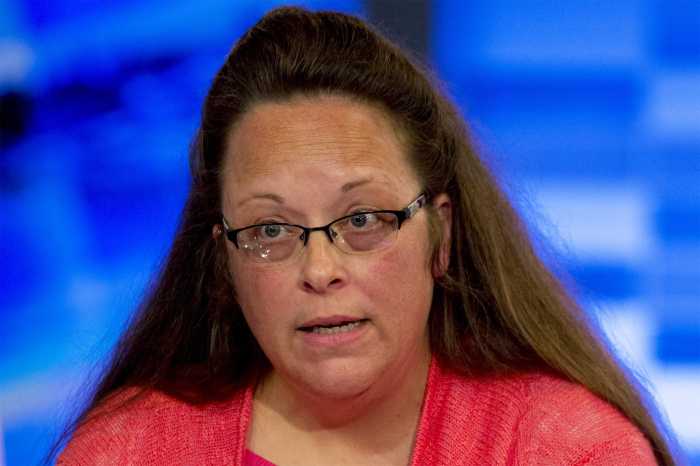Yeshiva University suddenly shut down all student clubs on September 14 to block officially recognizing the school’s YU Pride Alliance following the United States Supreme Court’s decision last week., drawing criticism from LGBTQ graduates of the school.
The move came after SCOTUS ruled in a 5-4 decision on September 12 to uphold the New York County Supreme Court Justice Lynn R. Kotler’s June 14 order for the school to recognize the queer student group under New York law.
The court denied the university’s application because it did not go through the proper channels for “expedited or interim state court relief,” in the case of Yeshiva University v. YU Pride Alliance, according to the decision.
The decision reversed Justice Sonya Sotomayor’s September 9 brief and unexplained order that the university could disregard the lower court ruling while the case continued through the appeals process and the justices examined it.
YU Pride Alliance members filed a lawsuit under the New York City Human Rights Law on April 26, 2021, after 12 years of being denied recognition by the university.
The university’s reasons for not officially recognizing the group are that it would be “inconsistent with the school’s Torah values and the religious environment it seeks to maintain.”
The YU Pride Alliance and their legal representatives did not respond to requests for comment for this story. On September 21, the New York Times reported that the YU Pride Alliance had offered a compromise: The club would delay its bid to seek recognition in order to allow other clubs to continue operating. It is not clear how that offer was received.
“I find it really concerning and pathetic that the school’s using this idea of ‘Torah values’ or ‘Jewish values’ as the thing that is being threatened and yet they’re not stating which value is being violated here,” Yeshiva University alumna Rachael Fried, who is now executive director of Jewish Queer Youth, an LGBTQ Jewish youth organization which has supported the alliance for years, said as she blasted her alma mater.
She explained that the Orthodox way she was brought up valued asking many questions and doing a “deep dive into the text” that some of the greatest Jewish minds have preserved, studied, and questioned for thousands of years.
“We don’t claim in vague terms that the concept of a like-minded subset of community threatens the entire system,” she said. “We don’t make definitive statements in the name of the entire community without carrying a name or a source that is attached to it explaining why.”
YU President Rabbi Dr. Ari Berman said in a public statement that the university seeks the “right of self-determination” when working with its students in a response to the SCOTUS decision on September 15.
“Our commitment to and love for our LGBTQ students are unshakeable, we continue to extend our hand in invitation to work together to create a more inclusive campus life consistent with our Torah values,” Berman wrote in the statement.
He added the university will follow the “instructions” and “roadmap” that SCOTUS ordered, “to find expedited relief.”
However, the university’s administration has recognized and granted the same privileges as other student clubs to the LGBTQ student organizations at the law and medical schools.
Students at Yeshiva University, which was founded as a Jewish rabbinical seminary in the 19th century, were informed by email that the university’s club activities were halted “to protect YU’s religious freedom,” according to NPR. The email cited the SCOTUS decision.
Outrage
Fried was shocked and upset by the university’s “demonizing” of the school’s queer students.
The university is “painting them as these threats that are not only a threat to the university but a threat to the entire Orthodox community,” the 35-year-old queer Jewish woman said.
“You’re so bad in fact, that we would rather cancel every single club on campus than have you as a group together,” she said about the university’s message to queer and straight students on campus.
The once student leader on the very campus that has become the battleground between LGBTQ and religious rights said the campus’ queer students, many of whom are closeted, are simply building community over pizza.
Fried knows the students don’t have a voice. She knows the battle for queer recognition at YU all too well too. During her tenure at the university’s undergraduate and graduate schools, Fried was instrumental in opening the university’s dialogue about its LGBTQ students as a Stern student body president. She orchestrated the 2009 panel discussion, “Being Gay in the Modern Orthodox World,” with JQY at the university. The discussion inspired a 2010 Statement of Principles calling for the acceptance of gay people in the Orthodox community that was signed by more than 200 Orthodox Rabbis. Fried was named one of the Presidential Fellows in University and Community Leadership when she graduated.
Eshel Executive Director Miryam Kabakov agreed with Fried calling the university’s action almost “a desperate act because they’re so terrified.”
Eshel is the Orthodox Jewish version of PFLAG. PFLAG is an LGBTQ organization that supports parents and friends of queer people.
“It’s very unfortunate that everybody is suffering because the university is so terrified of making a safer space for their LGBTQ students that they admit to the school,” Kabakov said. “Yet, they don’t give them a space to have a haven in a very hostile environment.”
Orthodox values
It’s not just the students, that Kabakov is concerned about, it’s also the parents and families of Orthodox queer kids.
“YU sets the standard in a lot of modern Orthodox spaces. It’s really not helping the parents to have the school that you send your child to treat you like you’re a pariah or a sinner,” she said.
It is the antithesis of Orthodox beliefs, Kabakov said. The university even has a spokesperson for Orthodox families with queer children. She noted the school’s Max and Marion Grill Dean of the Rabbi Isaac Elchanan Theological Seminary Rabbi Menachem Penner publicly talks about his gay son, Gedalia, and the family’s coming to terms with his sexual orientation and Orthodox beliefs.
“You cannot raise a child in an Orthodox community to then teach them that they don’t have a place. It’s antithetical to what Orthodoxy stands for,” Kabakov said.



































